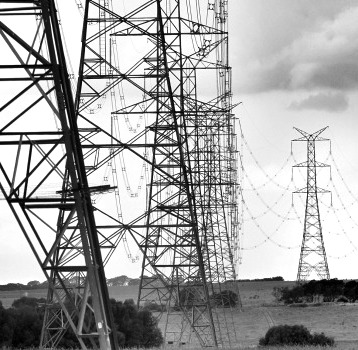NT issues green plan
 The Northern Territory government wants to reach 50 per cent renewables in its largest power grid by the end of the decade.
The Northern Territory government wants to reach 50 per cent renewables in its largest power grid by the end of the decade.
NT Environment Minister Eva Lawler says the Darwin-Katherine electricity system will be reformed to reach the government's target.
The plan is to increase large- and small-scale solar investments, battery use and new “hydrogen-compatible” gas generators to boost the proportion of renewable energy in Darwin-Katherine grid from 12 per cent to 50 per cent by the end of the decade.
The renewable energy target was initially put forth in 2016, and has since been introduced in a slow and botched manner.
However, Ms Lawler says the new system plan will lead to the investments needed to transform the system.
“This plan is really about making sure we get to that target and we get to it in a staged way,” she said.
“It's about making sure we have secure energy, that we have affordable energy and that it's green energy into the future.”
The government estimates that the annual cost of operating the transformed system will be about $316.6 million by 2030, compared to $346.2 million under a “business as usual” scenario.
The plans also include the development of a “renewable energy hub”, featuring new, large-scale solar generators near existing transmission infrastructure at Channel Island.
The government says it will purchase a second large-scale battery by 2024, with another battery coming online after 2027.
Meanwhile, the grid’s existing gas-fired generators will be retired and replaced with smaller thermal generators that can use hydrogen fuel.
There are also plans to use virtual power plants and demand-management measures.
Asked about the overall cost of the transformation, Ms Lawler said it is a “complex question”.
“That is the work that needs to happen now — we've mapped out that plan, then [the cost] will be around the implementation of that,” she said.
The government says it will “work through” details of the plan, like which investments the government or private sector might make.
Ms Lawler said future governments will decide whether savings would be passed on to customers through lower power bills.







 Print
Print